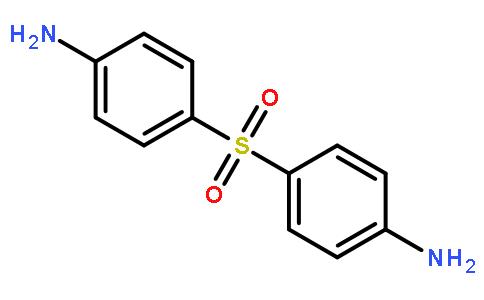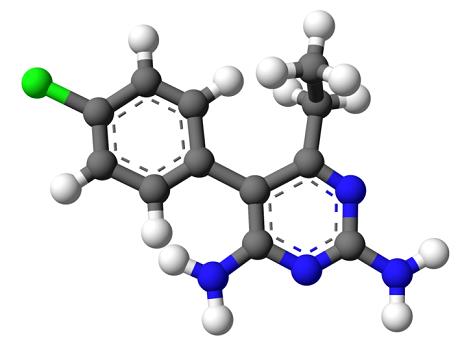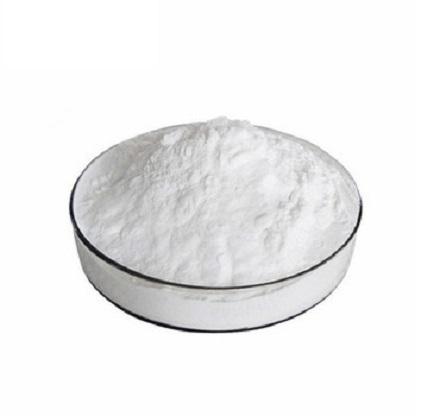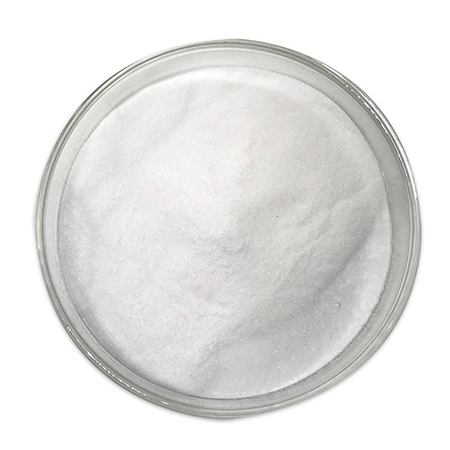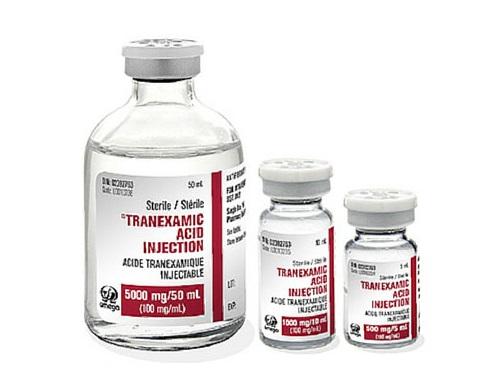Active Pharmaceutical Ingredients (API), popularly speaking, are the raw materials of medicines, only pharmaceutical raw materials are processed into pharmaceutical preparations , can they become medicines available for clinical use, so drugs we usually eat are the finished drugs through processing. Active Pharmaceutical Ingredients based on its sources can be divided into two major categories ,including chemical synthetic drugs and natural chemical drugs. Chemical synthetic drugs can be divided into organic synthetic drugs and inorganic synthetic drugs. Inorganic synthetic drugs are inorganic compounds ( very few is element), such as aluminum hydroxide, magnesium trisilicate which are used for the treatment of gastric and duodenal ulcers ; organic synthetic drugs are mainly composed of drugs made by basic organic chemical raw materials, through a series of organic chemical reactions (such as aspirin, chloramphenicol, caffeine, etc.). Natural chemical drugs ,based on its sources,can be divided into two categories including biochemical drugs and plant chemical drugs. Antibiotics are generally made by the microbial fermentation, which belongs to the biochemistry category. A variety of semi-synthetic antibiotics occurs in recent years,which are biosynthesis and chemical synthesis combining products.Among active Pharmaceutical Ingredients, the organic synthetic drugs varieties, yields and values have the largest proportion,which are the main pillars of the chemical and pharmaceutical industries. The quality of active Pharmaceutical Ingredients decides whether the formulation is good or bad , so its quality standards are very strict ,countries in the world have developed national pharmacopoeia standards and strict quality control methods for its widely used active Pharmaceutical ingredients.
What is Vancomycin?
Vancomycin was isolated in the Lilly Research Laboratories from Amycolatopsis orientalis (previously designated Streptomyces orientalis and Nocardia orientalis), an organism which was found in soil in
Mar 10,2022 APISide-effects of Trimetrexate
Trimetrexate is a dihydrofolate reductase inhibitor used primarily as an alternative for treatment of the fungus Pneumocystis jirovecii (carinii) and has also been used in the treatment of cerebral to
Mar 10,2022 APISide effects of Dapsone
Dapsone (4,4'-diaminodiphenylsulfone) is a sulfone that was the first effective antimicrobial for the treatment of leprosy. It has since been found useful in the treatment and prevention of malaria, P
Mar 9,2022 APIToxicity of Pyrimethamine
Pyrimethamine, sold under the brand name Daraprim among others, is a medication used with leucovorin (leucovorin is used to decrease side effects of pyrimethamine; it does not have intrinsic anti-para
Mar 9,2022 APIMechanism of action of Pyrimethamine
Pyrimethamine was one of the first of many 2,4-diaminopyrimidines to be synthesized and tested for antimicrobial activity.The main value of pyrimethamine has been its antiprotozoal activity, especiall
Mar 9,2022 APIIntroduction of Ritipenem
Ritipenem is a synthetic b-lactam antibiotic of the penem class that has a broad antimicrobial spectrum and high resistance to b-lactamases.
Mar 9,2022 APIPharmacokinetics of Faropenem
Faropenem is effective against common community-acquired pathogens, such as Streptococcus pneumoniae, Haemophilus influenzae, Moraxella catarrhalis, methicillin-susceptible Staphylococcus aureus (MSSA
Mar 9,2022 APIPharmacokinetics and Toxicity of Biapenem
Biapenem is a parenteral carbapenem antibiotic that possesses antibacterial activities against a wide range of Gram-positive and -negative bacteria.
Mar 9,2022 APIThe review of sodium bicarbonate
Sodium bicarbonate, commonly known as baking soda, has the chemical formula NaHCO3
Mar 9,2022 APISide effects of Tranexamic acid
Tranexamic acid (TXA) is a medication used to treat or prevent excessive blood loss from major trauma, postpartum bleeding, surgery, tooth removal, nosebleeds, and heavy menstruation.It is also used f
Mar 8,2022 API




